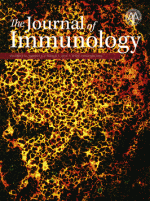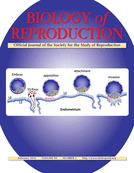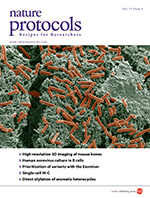Two retractions and three corrections have appeared for a group of Duke researchers that already have 10+ retractions under their belts.
The reasoning behind them echoes that which we’ve seen before in notices for Michael Foster and Erin Potts-Kant: Following an inquiry from the university, the journals were informed that some of the data or results weren’t reliable, and not all of the experiments could be repeated.
A colleague aware of the case said that researchers are still working to repeat experiments from papers by Potts-Kant and Foster. It is not known how many more papers might be corrected or retracted. Duke University is fully supporting the validation of these experiments, the source told us.
Foster has retired from Duke, a spokesperson for the university confirmed. Continue reading Five more notices for Duke pulmonary pair brings retraction tally into double digits










